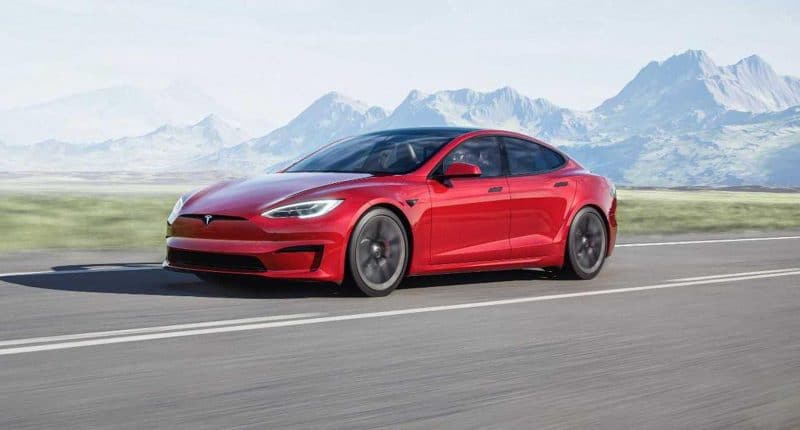The Indian government has unveiled a new policy that reduces import taxes on electric vehicles (EVs). According to media reports, the cornerstone of the new policy is the reduction of import taxes on certain electric vehicles, a move intended to incentivize companies to invest in India’s EV market, especially Elon Musk’s Tesla. Under the policy, companies committing to invest a minimum of $500Mn and establishing local manufacturing facilities within three years will benefit from lower import duties on EVs.
The policy change is widely seen as a major win for Tesla and other global EV manufacturers who have been eyeing entry into the world’s third-largest car market. For years, Tesla CEO Elon Musk has been locked in discussions with the Indian government, pushing for lower import duties on their electric cars, and last year, Musk met Indian PM Narendra Modi regarding Tesla’s arrival to the Indian automobile and EV landscape.
India’s current import tax structure, with rates ranging from 70% to 100% on imported cars, made Tesla’s prohibitively expensive for Indian consumers. Now, alongside Tesla, a plethora of global automakers are expected to make an entrance to India’s EV market, and by offering incentives for investment and local manufacturing, the government also aims to position India as a key player in the global EV ecosystem.
According to an official statement by the Ministry of Heavy Industries, the new policy “will provide Indian consumers with access to latest technology, boost the Make in India initiative, strengthen the EV ecosystem by promoting healthy competition among EV players leading to high volume of production, economies of scale, lower cost of production, reduce imports of crude oil, lower trade deficit, reduce air pollution, particularly in cities, and will have a positive impact on health and environment.”
Under the new policy, companies willing to invest at least $500 million (₹4,150 crore) and set up a manufacturing plant in India will be eligible to import a limited number of EVs at a significantly reduced import duty of 15%. These imported EVs must have a minimum value of $35,000 to qualify for the tax concession. The reduced tax rate will be applicable for five years, allowing companies to establish a foothold in the Indian market while building their local production capabilities. “We invite global companies to come to India. I’m confident India will become a global hub for EV manufacturing and this will create jobs and improve trade,” Piyush Goyal, commerce minister, commented on the matter. And if firms invest at least $800 million in the country, they will be allowed to import up to 40,000 EVs, with a maximum of 8,000 units annually.
This development comes at a time when there is an increased focus on the promotion of domestic manufacturing alongside increased EV adoption. The new policy mandates that companies achieving the investment threshold must also achieve a 50% domestic value addition (DVA) within five years. This means at least half the components used in their EVs sold in India must be manufactured domestically. Under the policy, at least 25% of components will be sourced domestically (something that will be ramped up to 50% by year five).
What does this mean for India’s automobile industry? For one, increased investment from global players is expected to boost the country’s EV sector in terms of manufacturing and research and development alike. In this vein, a thriving domestic EV industry is also aligned with the government’s “Make in India” initiative, aiming to transform India into a global manufacturing hub, as well as achieving 30% electric car sales by 2030. Consumers are expected to benefit from access to a wider range of advanced EV technologies at more competitive prices, potentially accelerating the overall adoption of electric vehicles in India, and being able to buy them at affordable prices.





